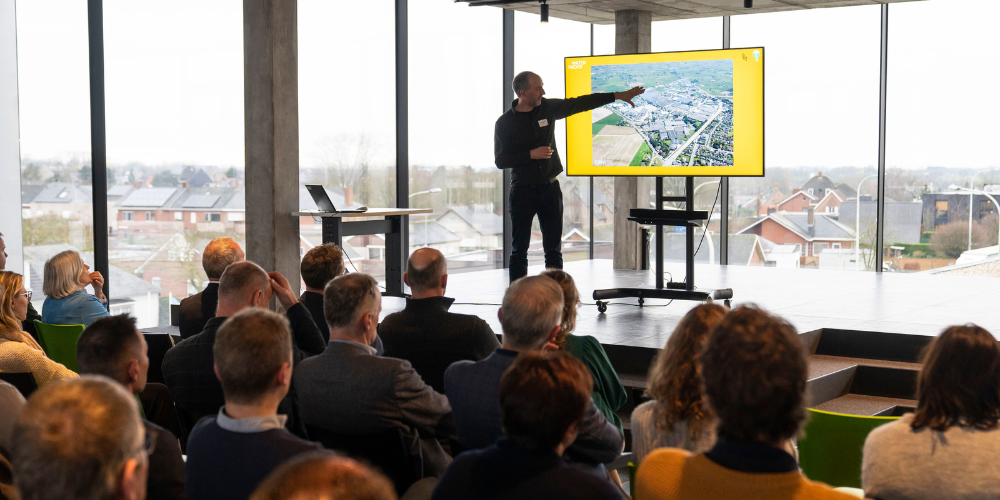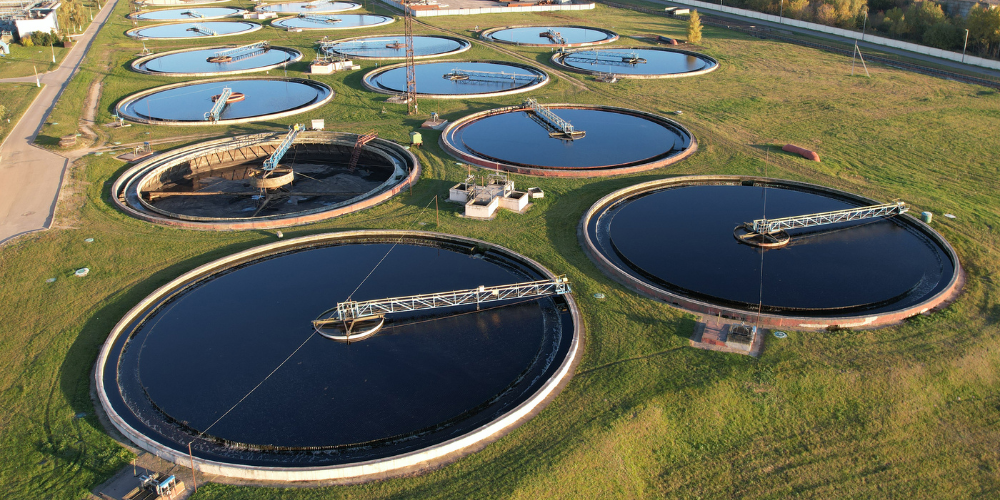Belgian Case Studies
Tielt, Keiberg & Peer residence
The Belgium cases involve three demo sites aimed at enhancing water and climate resilience in two business parks and promoting sustainable living in one residential area.
Case Studies Overview
Discover Belgium's Challenges
The Belgian case study focuses on researching the role of water and climate in two business parks and one residential area promoting sustainable living. While rainwater collection is mandated by law for both industrial companies and households, its reuse remains limited and unevenly distributed. The demonstration sites are implementing various measures to reuse and upgrade water for processes like cooling, industrial use, irrigation, and domestic purposes through multi-stakeholder partnerships. The primary challenge lies in establishing water pricing mechanisms for secondary water, which is crucial for sustainably managing ongoing investments in the demonstration sites.
Our Methodology & expected results
Safeguarding Water: Integrated Policy Initiatives
The Decree on Integrated Water Policy, which aligns with the European Water Framework Directive in Flanders, aims to protect water resources and maintain water quality while mitigating the effects of floods and droughts. The Flemish Government’s Blue Deal program finances projects focused on structural solutions to address water scarcity and drought in the region. Additionally, the Rainwater Ordinance mandates measures for builders to manage rainwater on-site rather than draining it immediately.

Our Local Engagement Activites
Engaging Stakeholders to Address Water-Related Issues
The Belgian case study of the RETOUCH NEXUS project held its First stakeholder engagement workshop!
Our Belgian case study leader, Vlaamse Instelling voor Technologisch Onderzoek (VITO) was more than happy to kick off its activities,…
Establishing a baseline to characterise each RETOUCH NEXUS case study
Last September, our project completed two tasks aimed at exploring water governance models, institutional frameworks and economic, financial and commercial…

Residential area in Peer (Agnetenpark)


